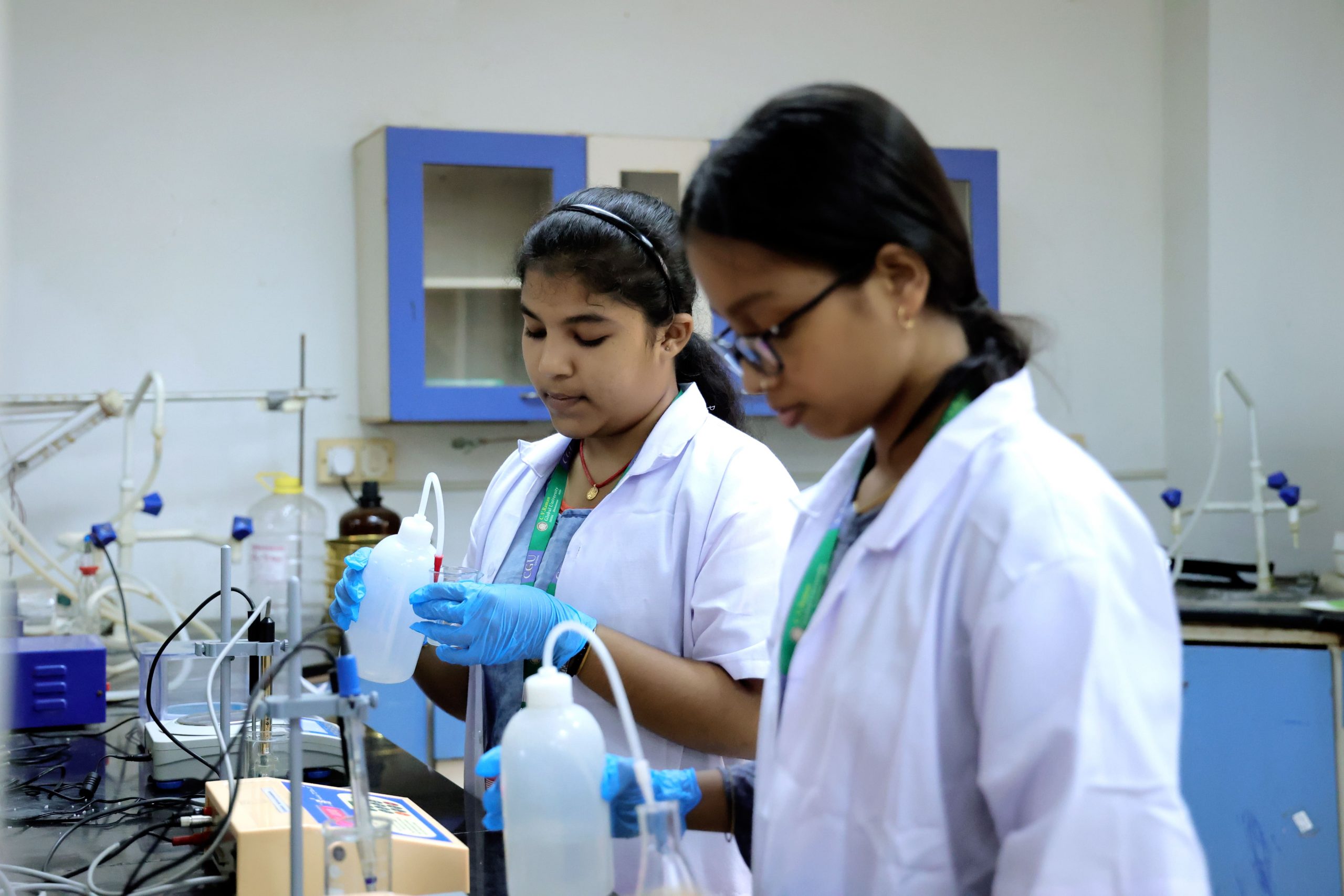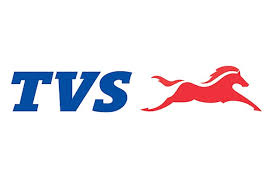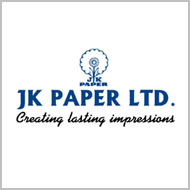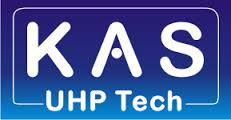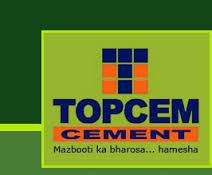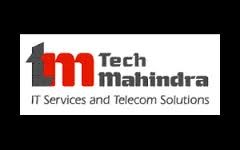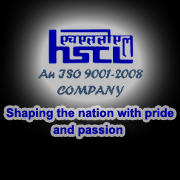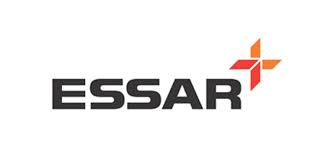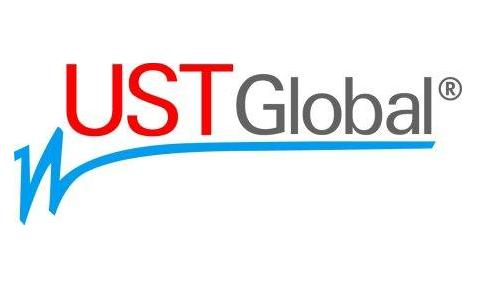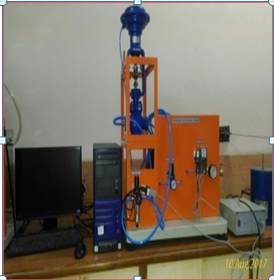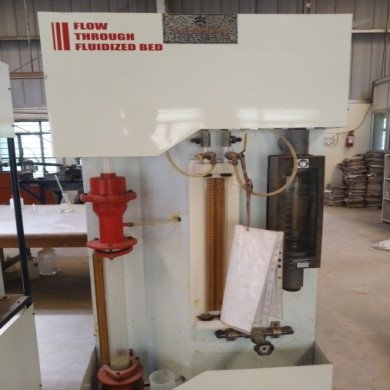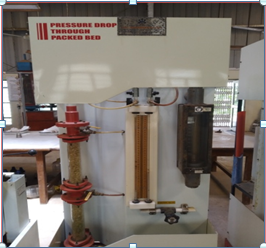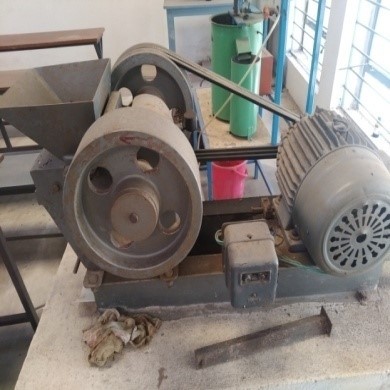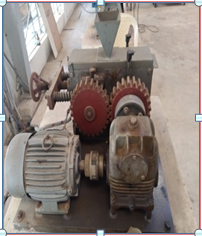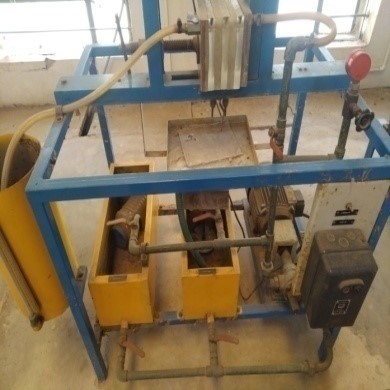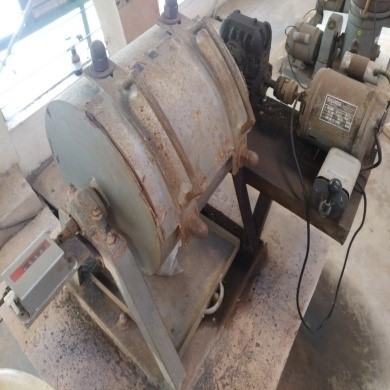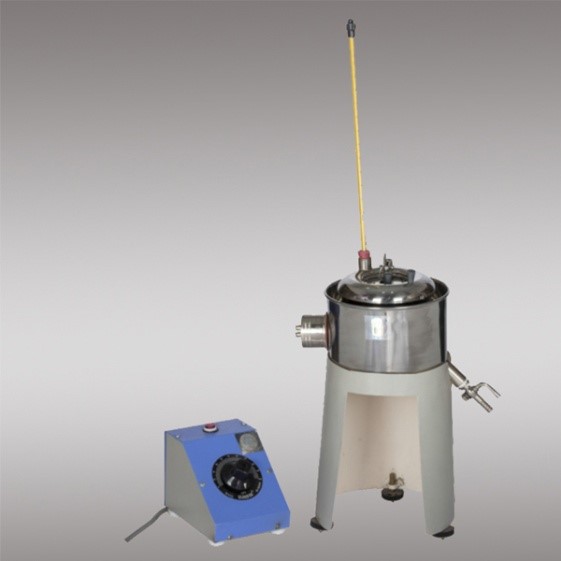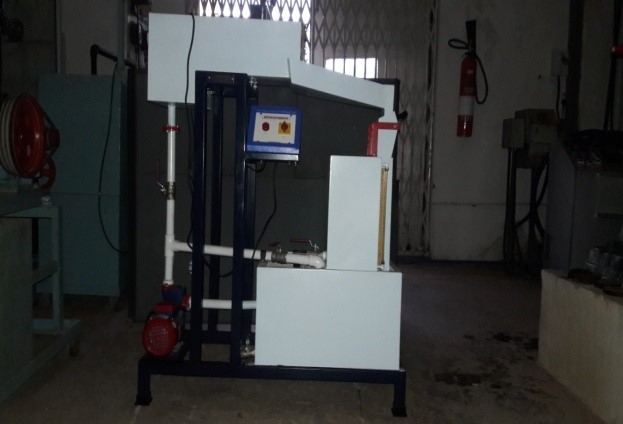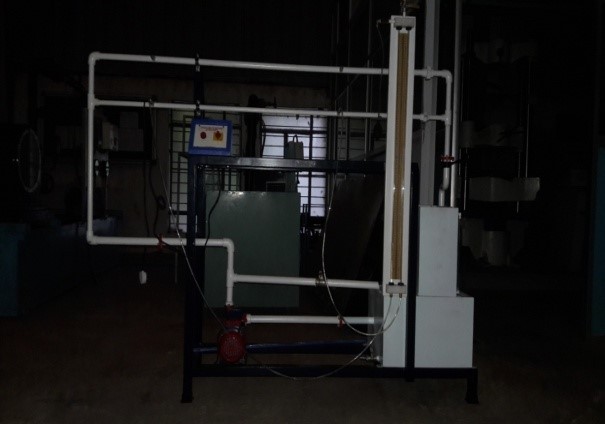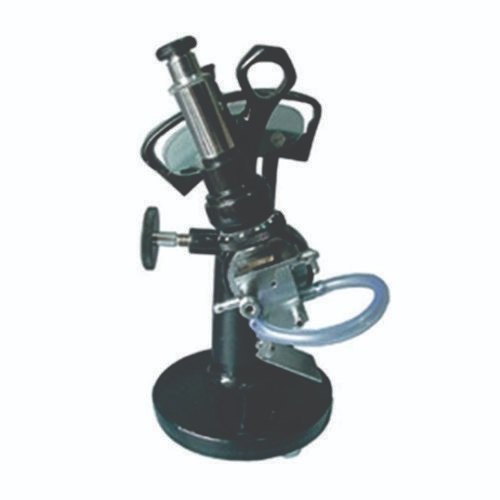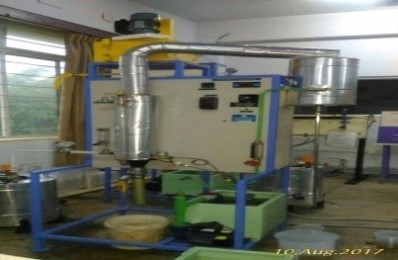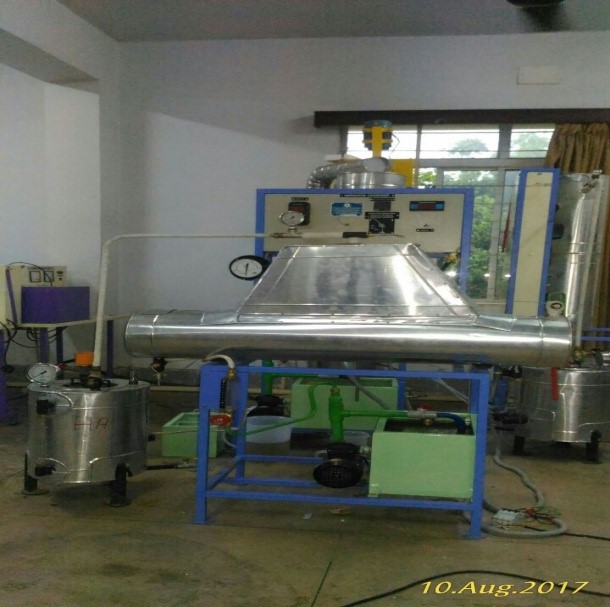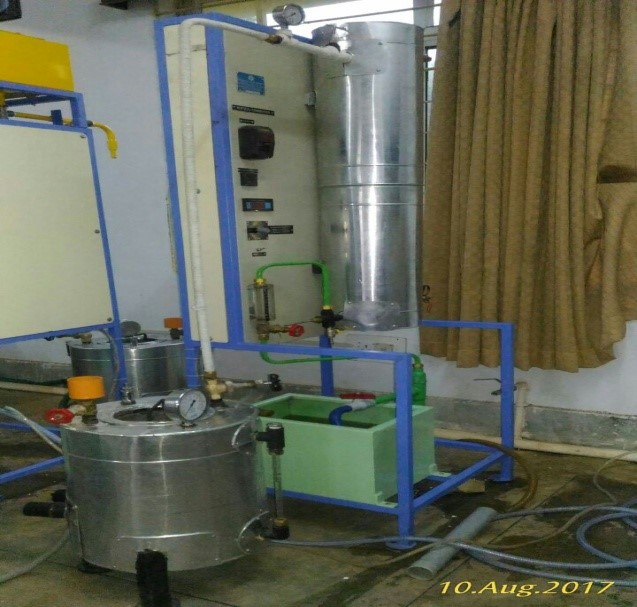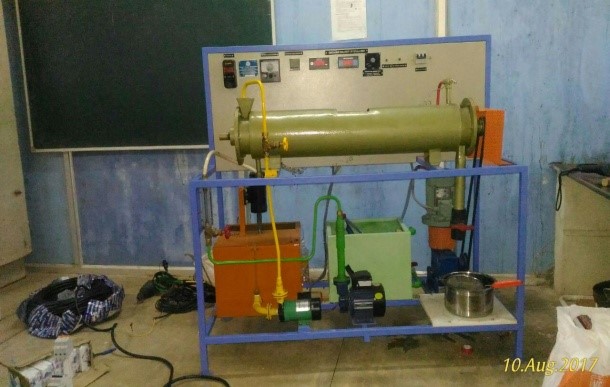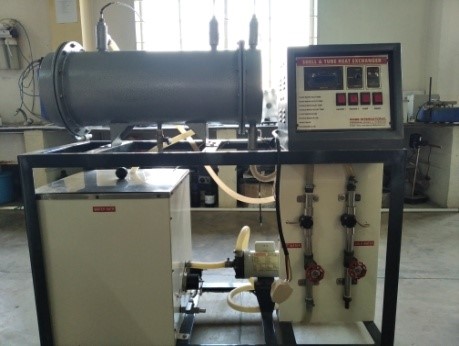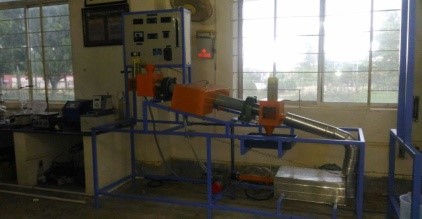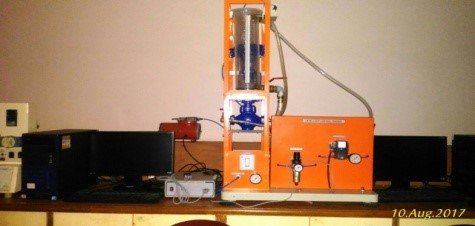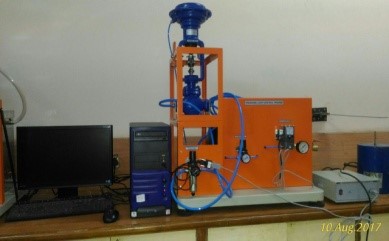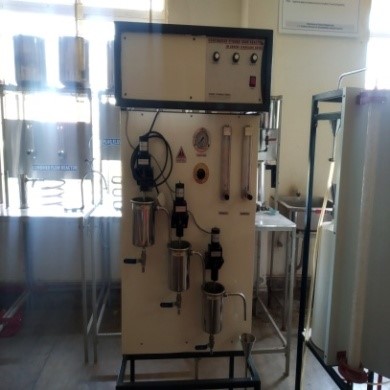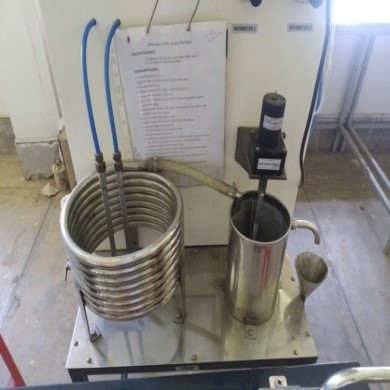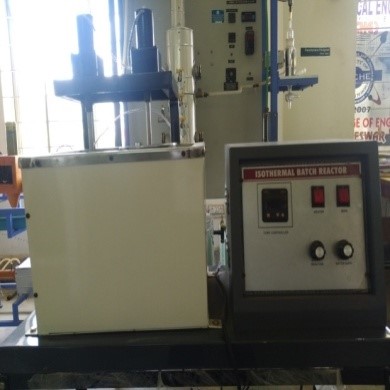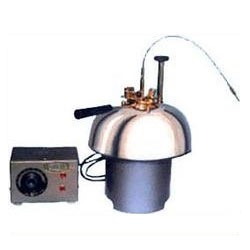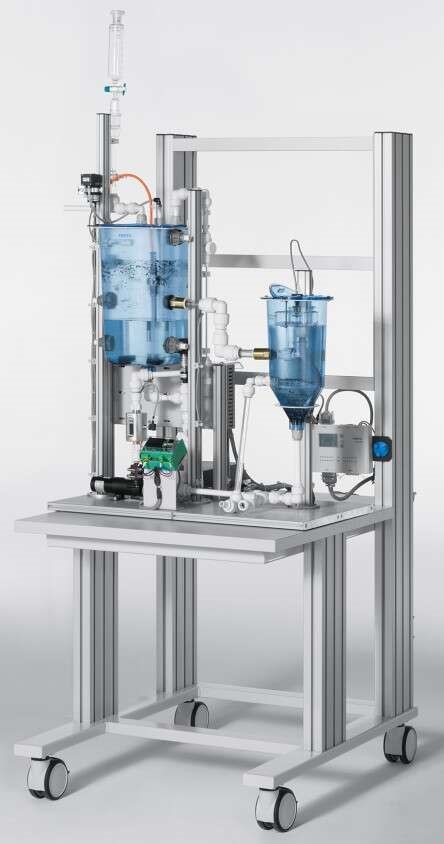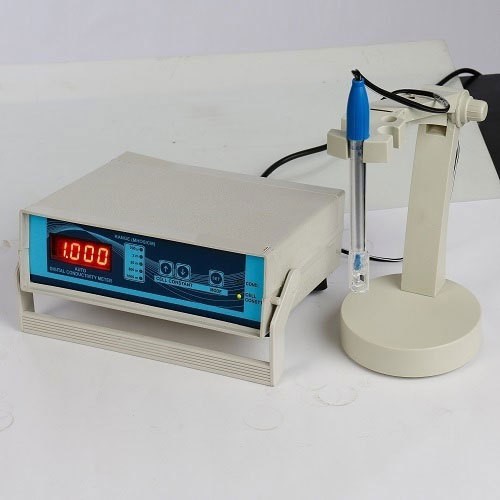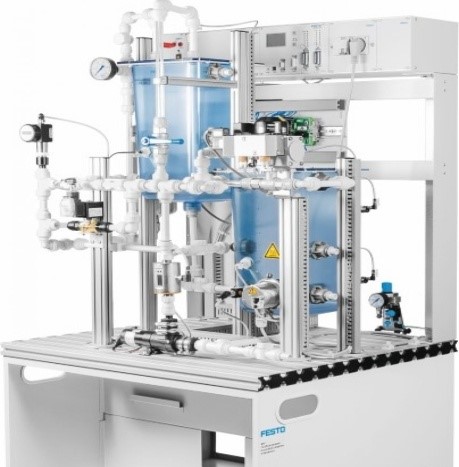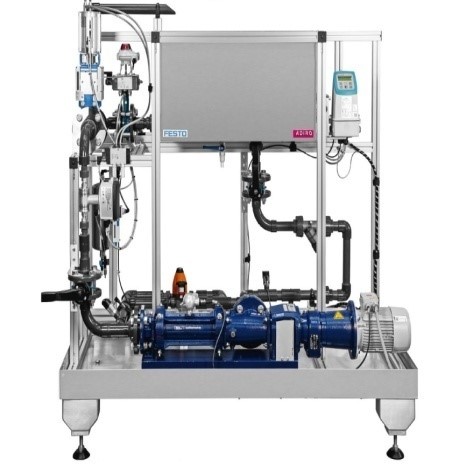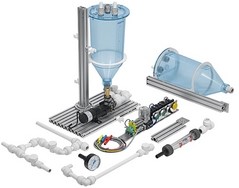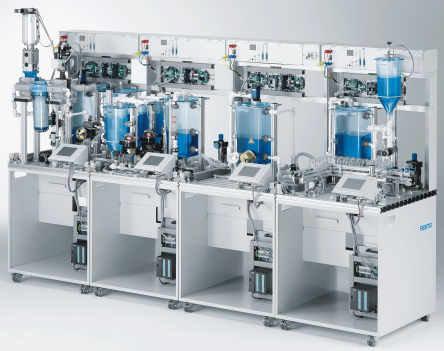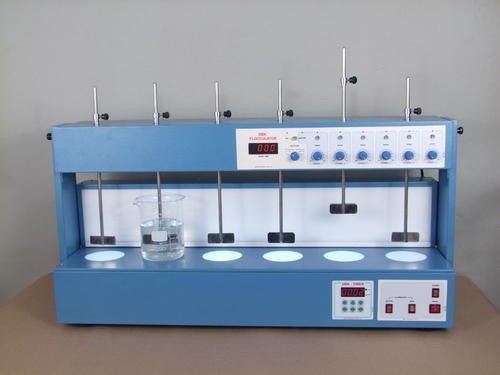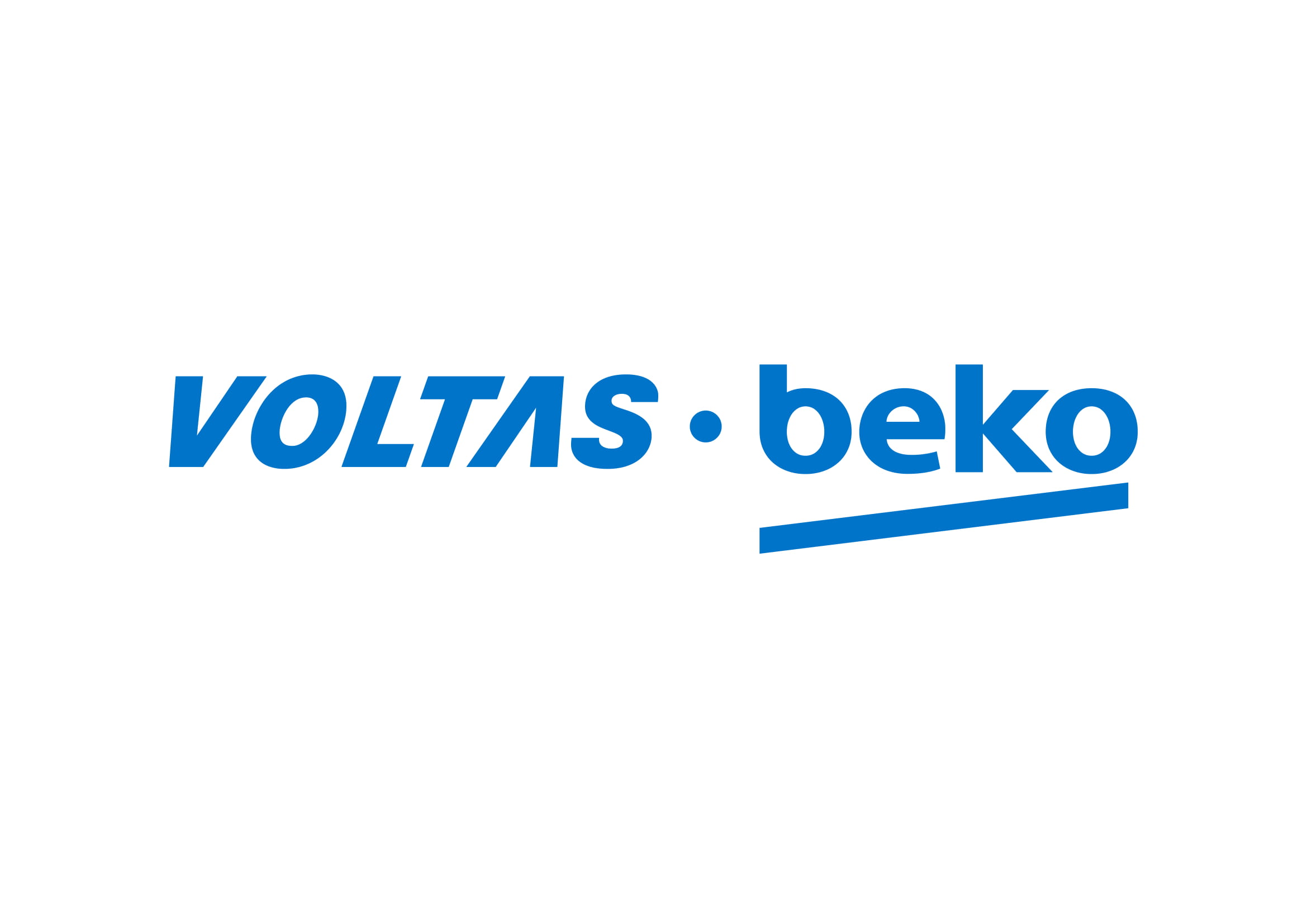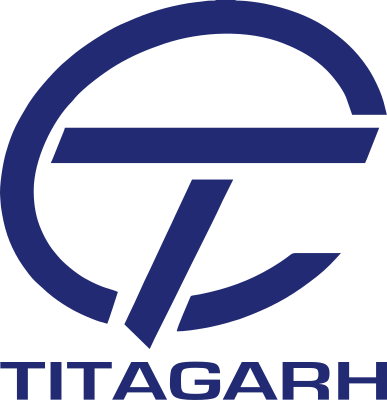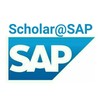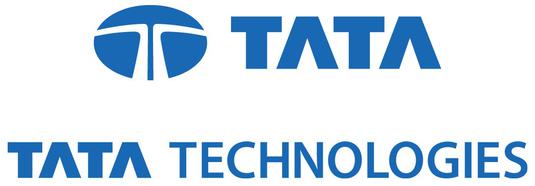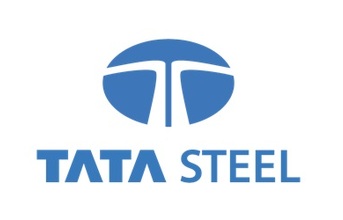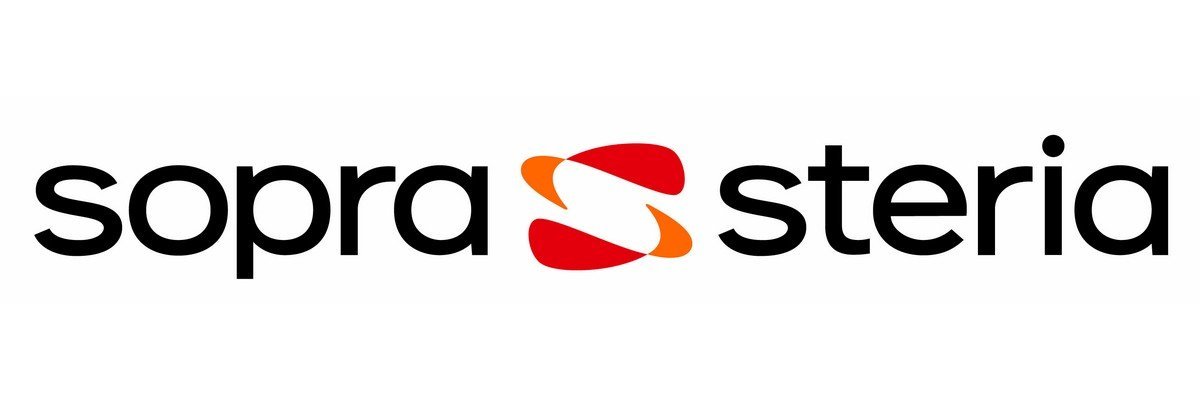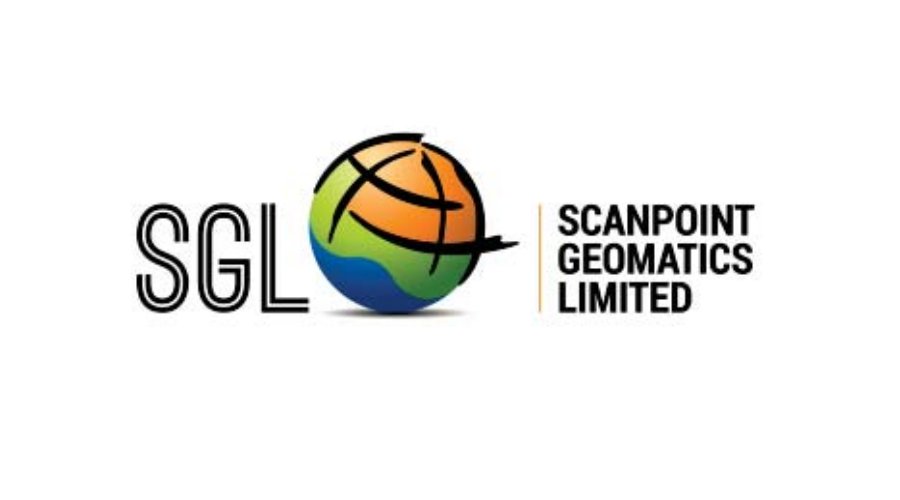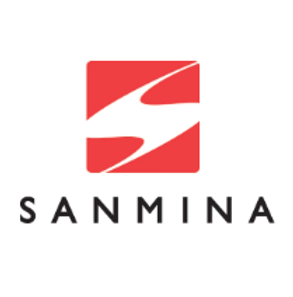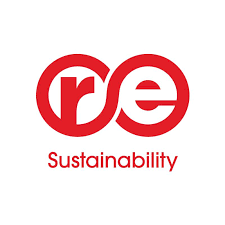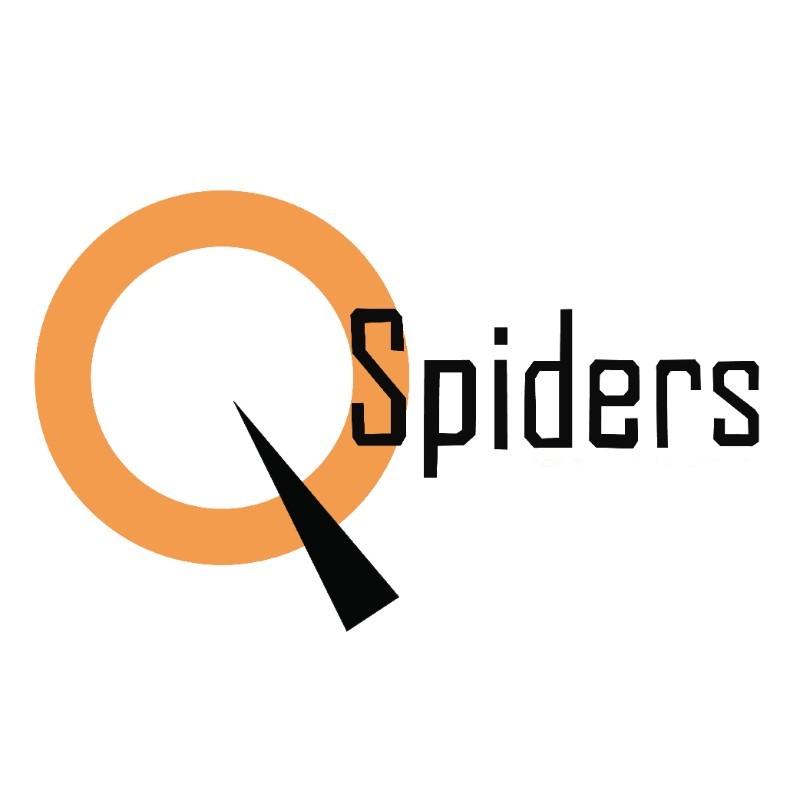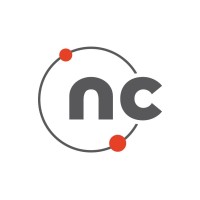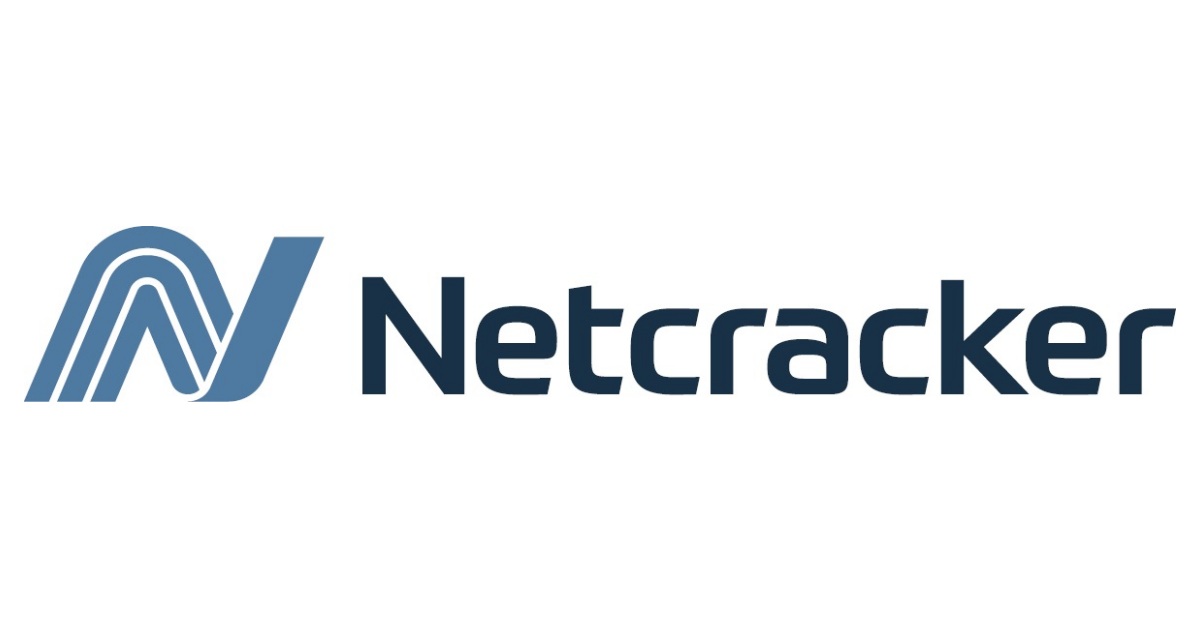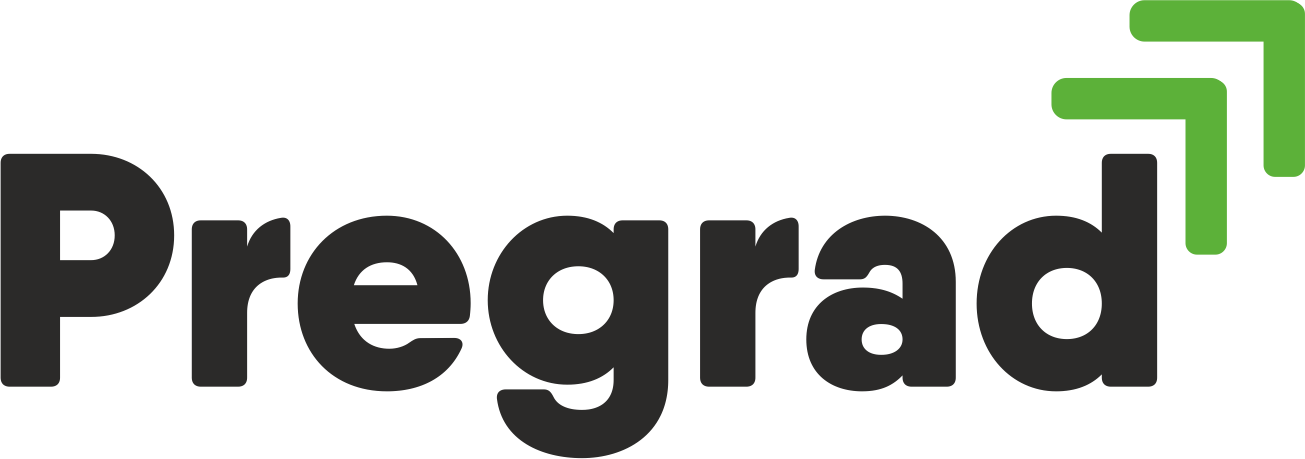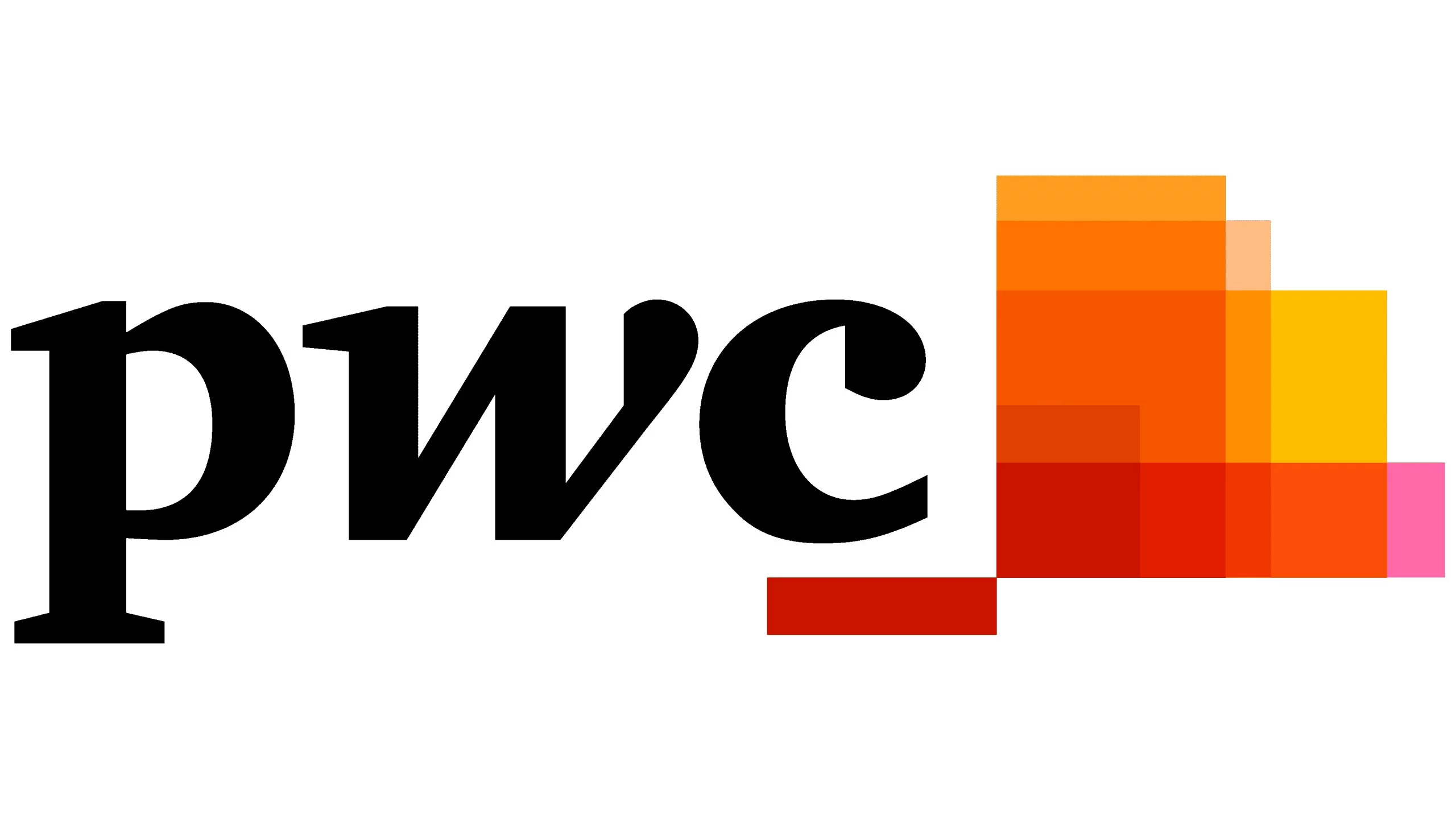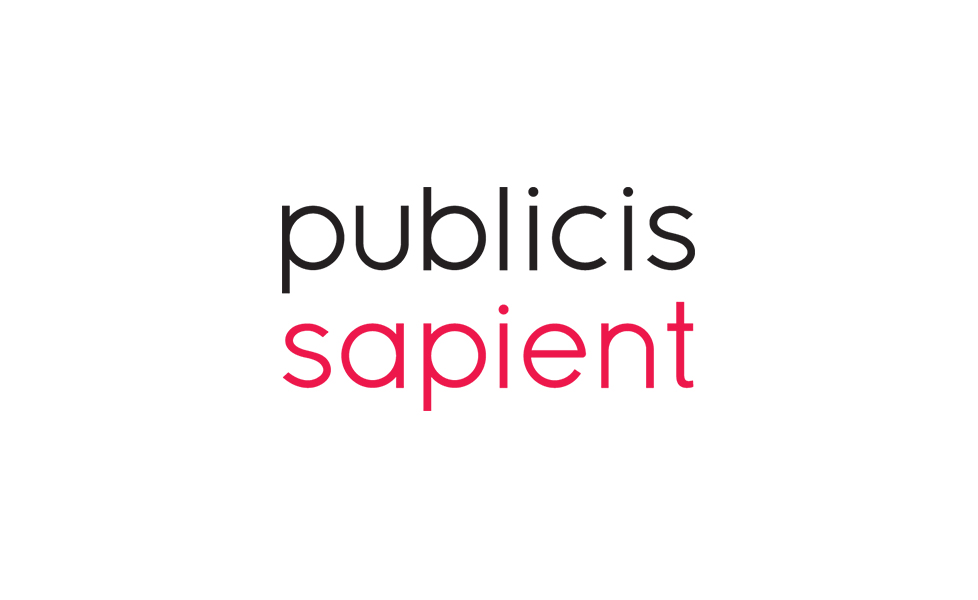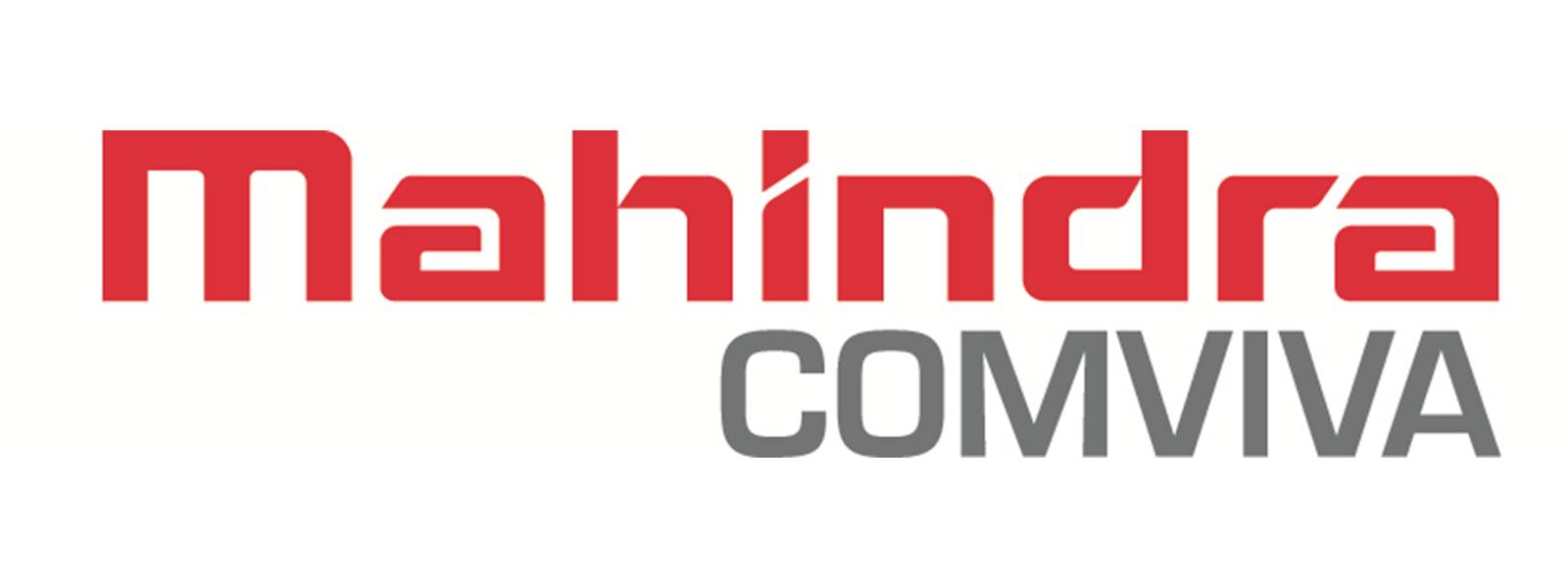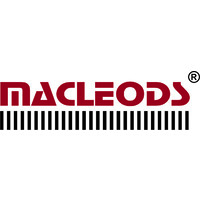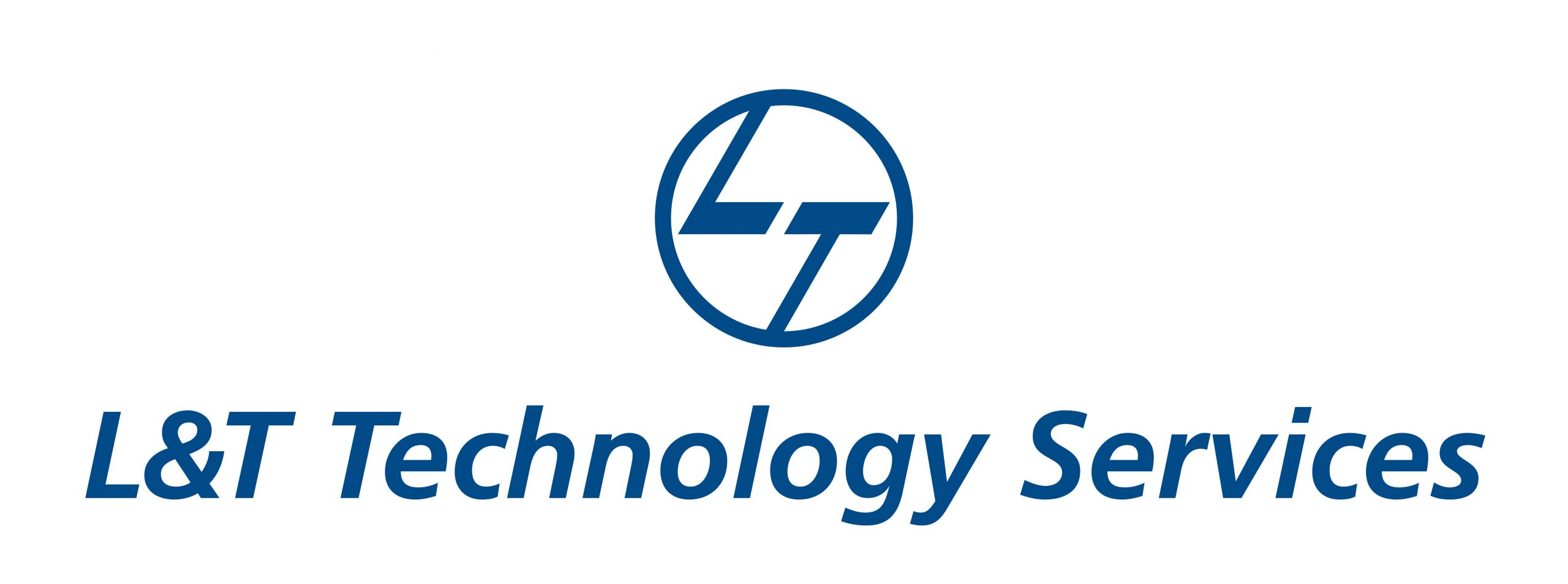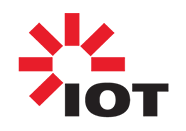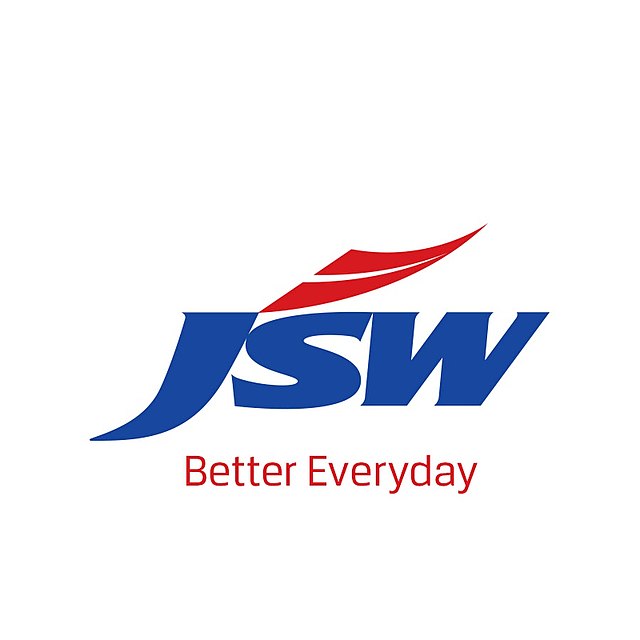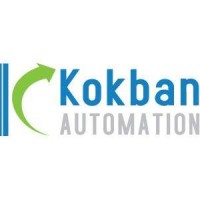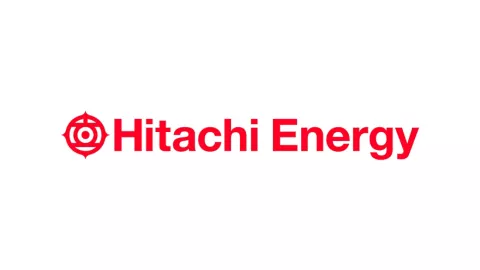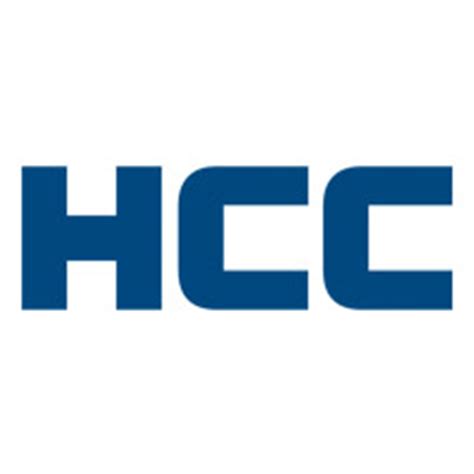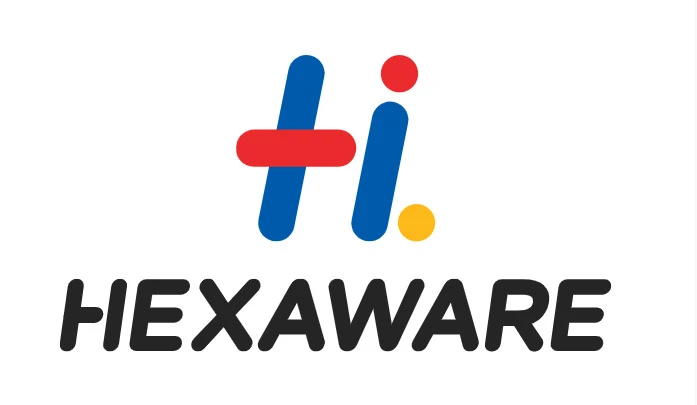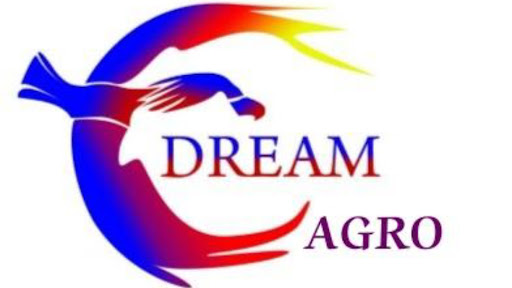CV Raman Global University (CGU) takes immense pride in offering one of the finest programmes for B.Tech Chemical Engineering in India with M.Tech Chemical Engineering and Ph.D. (C) degrees. The Chemical Department of CGU promotes an environment to develop the skills of students and help them achieve their career goals. As one of the most prominent chemical engineering colleges in Odisha, we bring excellence in academics, research and placement.
Affiliation and Accreditation:
CGU and its programs have the approval of apex bodies in India certifying that they meet the high academic standards and are recognized by international institutions and industries.
→ CV Raman Global University is recognised and accredited by the apex body University Grants Commission (UGC).
→ The National Board of Accreditation (NBA) has accredited the Department of Chemical Engineering.
→ The department collaborates with Society of Chemical Engineers (SoCHE) which offers Students a platform to interact with other students from various universities, industries and professional bodies.
Curriculum and Course Offering for B.Tech Chemical Engineering:
Our B.Tech in Chemical Engineering is a four-year undergraduate program designed to prepare students with a strong foundation in chemical engineering principles and practices. Here are some key features of our curriculum:
Duration: The program spans four years, divided into eight semesters.
Intake: To provide a more attentive and customised approach, we limit the number of students in our program to a maximum of 30. In this way, students get personalised guidance, an approach to core knowledge and precise access to facilities and instruments.
The core educational philosophy of our chemical engineering lies in preparing our students with the vital skills and knowledge to excel in the dynamic field of chemical engineering. Our curriculum is carefully crafted, focusing on chemical processes and effective management practices. We make our academics dynamic by making it industry-ready with practical insights and expertise.
Course Structure:
Our curriculum includes core subjects such as Thermodynamics, Mass Transfer, Heat Transfer, Process Control, Chemical Reaction Engineering, and more. We also offer elective courses in specialised areas like Petrochemical Engineering, Environmental Engineering, and Biotechnology.
With a strong emphasis on chemistry and mathematics and diverse professional engineering courses and applications, structured around fundamental sciences has set CGU as one of the top colleges for chemical engineering in India.
State-of-the-Art Infrastructure: Our department has well-equipped laboratories, as well as its team of faculty members specialised in the field of chemical engineering. Specialist and seasoned professors, reinforced by world-class facilities, create a hands-on learning experience for students to gain practical insights. We work hard to keep our students ahead in the evolving world of technology, preparing them for future challenges.
Practical Experience: Practical knowledge is an integral part of our program. Students engage in laboratory sessions, workshops, and projects to gain hands-on experience in chemical engineering techs and processes.
We understand the importance of providing students with a well-equipped environment to foster learning and research. Our infrastructure includes:
Advanced Laboratories: Our laboratories are well-equipped with leading-edge instruments that allow students to conduct experiments and research in various areas of chemical engineering.
Workshops: We regularly conduct workshops and seminars to keep students updated on the latest trends and technologies in the field. Eminent guest speakers from industry and academia are invited to share their insights.
Software: We provide access to all the specialised software required to use in chemical engineering simulations and process design, making our students industry-ready. Our commitment to keep our students ahead of the technological advancements made us rank high among the top chemical engineering colleges in India
Career Opportunities:
We are dedicated to preparing our students for successful careers in B.Tech Chemical Engineering. Our efforts in this regard include:
Field Trips: We organise field trips and industrial visits to chemical plants and manufacturing units, exposing students to real-world applications of their knowledge.
Internship Opportunities: CGU has tie-ups with core companies giving students opportunities to undertake internships with leading industries, gaining practical experience and networking with professionals.
Placement Assistance: Our dedicated placement cell works tirelessly to connect our graduates with top-notch companies and has a record of 90% placement. Our alumni are employed in renowned organisations in India and abroad.
One distinctive aspect of our department is our affiliation with FACT (Fertilisers and Chemicals Travancore) Center of Excellence. This partnership imparts an added advantage of knowledge and expertise, providing our scholars with a competitive edge in career, placements and industry exposure.
Research and Innovation:
We regularly conduct national-level seminars, in-house workshops, guest lectures featuring research and development and industry experts, and industrial visits to provide value-added information and practical learning experiences for our students. We motivate and support our students and faculties to engage in cutting-edge research activities. Initiatives include:
Research Workshops: We organise workshops and seminars to facilitate research collaborations and to keep students updated on the latest developments in chemical engineering.
Guest Speakers: The Chemical Department of CGU has an IIChE student chapter. Eminent researchers and industry experts are invited to deliver lectures, sharing their insights and inspiring students to pursue research in various domains of chemical engineering.
We provide specialised training in software tools such as CHEMCAD and MATLAB, along with Process Automation, making our graduates industry-ready. Students find nothing less than the best at CGU, one of the best colleges for chemical engineering.
Extracurricular Education:
We believe that inclusive education goes beyond the classroom. Our extracurricular activities focus on enhancing students’ communication, collaborative and organisational skills, preparing them for placements and helping them in real world development. Some of the activities include:
Skills Training: We offer workshops and training sessions in communication skills, leadership, and personality development.
Placement Preparation: Mock interviews, aptitude tests, and resume-building workshops are conducted to prepare students for placement interviews.
Our graduates continue to make us proud by excelling in competitive exams like GATE and CAT, which lead them to prestigious institutions and organisations. Many of our alumni hold coveted positions in renowned companies, reaffirming the industry’s trust in our program. The consistent success of our alumni underscores the exceptional quality of education we provide as one of the most sought-after chemical engineering colleges in India.
Success Story:
Reflecting the quality education provided, our students participate in multiple competitions on national and international platforms, fully showcasing their skills. In Water Technology Worldskill 2019, the first prize was won by them, demonstrating their excellence in their field. In addition, they secured the third position in Indiaskill competitions. CGU’s accomplishment as one of the best universities for chemical engineering is a true reflection of our student’s hard work and dedication.
Industry: Our graduates are employed in Reliance Industries, Tata Chemicals, and Hindustan Unilever, among other leading companies.
Higher Education: Several alumni have pursued higher education at renowned institutions in India and abroad, securing scholarships and research positions.
Entrepreneurship: Some of our alumni have undertaken entrepreneurship, founding successful startups in the chemical and allied industries.
Surf through our website to get detailed information about our department’s mission, vision, undergraduate, postgraduate and doctorate curriculums, academic staff, and research areas.
To become an engineering professional shaping the technology of tomorrow through innovative chemical development, be a part of C V Raman Global University, one of the best colleges for chemical engineering in India.
